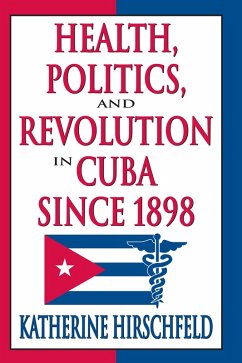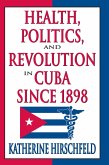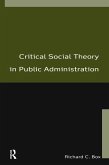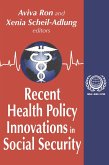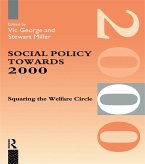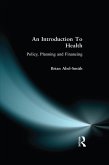After much bureaucratic wrangling, Hirschfeld managed to secure permission to conduct long-term ethnographic research in Cuba, where she lived with families from Havana and Santiago, conducted clinic observations, interviewed doctors and patients, and was treated in a Cuban hospital during an epidemic of dengue fever. The reality of the Cuban healthcare system turned out to be different than the scholarly ideal: it was bureaucratized, authoritarian, and repressive, and most people preferred to seek healthcare in the informal economy rather than endure the material shortages, red tape, and political surveillance of the public sector. Written in the form of a first-person narrative, Health, Politics, and Revolution in Cuba Since 1898 not only critically reevaluates Cuban healthcare after the 1959 revolution; it includes chapters detailing Cuban health trends from the Spanish-American War (1898) through the fall of Fulgencio Batista in 1959 and into the
Dieser Download kann aus rechtlichen Gründen nur mit Rechnungsadresse in A, B, BG, CY, CZ, D, DK, EW, E, FIN, F, GR, HR, H, IRL, I, LT, L, LR, M, NL, PL, P, R, S, SLO, SK ausgeliefert werden.

